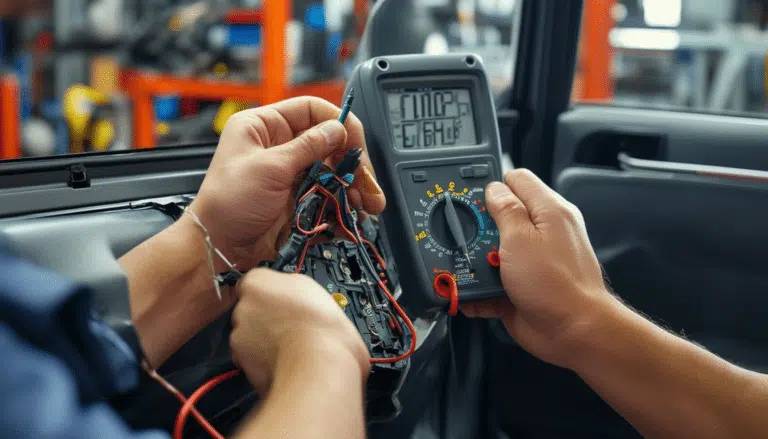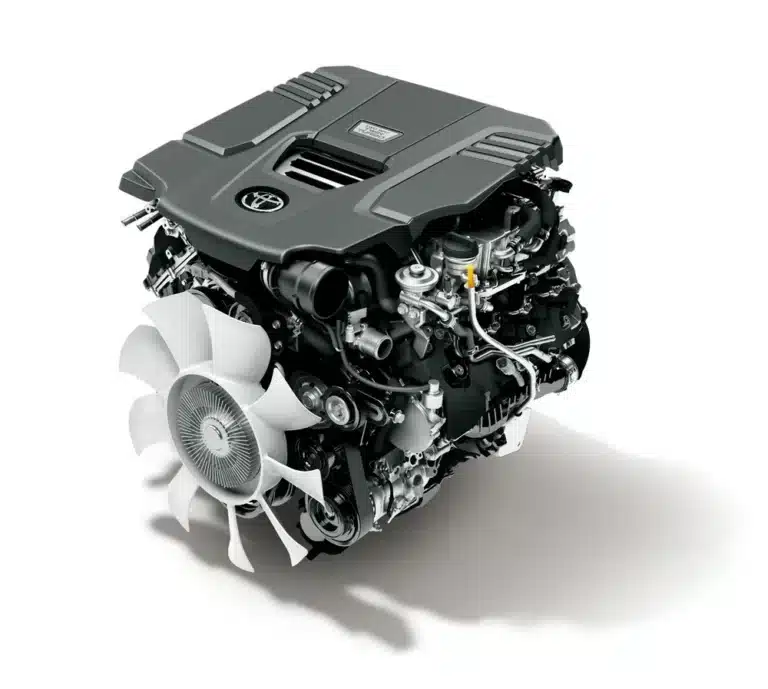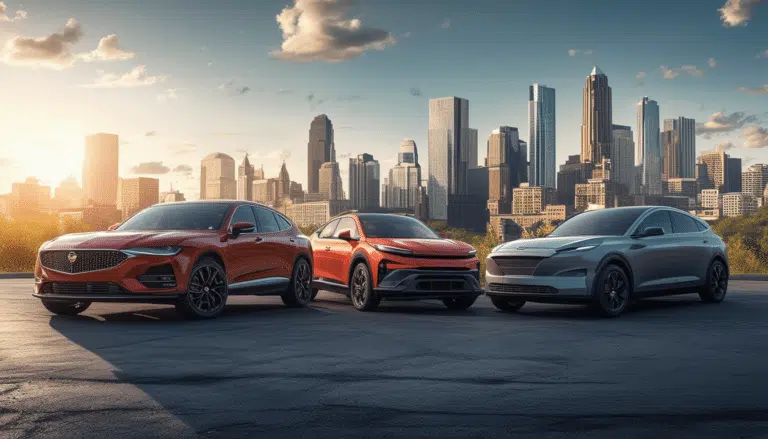El sector automotriz: Stellantis reports a decrease in vehicle deliveries at the beginning of 2025
The automotive sector has undergone significant changes in recent years, reflecting both the economic difficulties and the evolution of consumer preferences. In this context, Stellantis, one of the main players in the industry, has announced a decrease in vehicle deliveries scheduled for early 2025. This adjustment in production and distribution raises questions about the future direction of the brand and its ability to adapt to an increasingly competitive and demanding market.
Recently, the automotive conglomerate Stellantis has announced a significant reduction in its vehicle deliveries for the beginning of 2025. This market evolution raises concerns about the stability and growth of the automotive sector globally. The company’s management is working on various strategies to mitigate the impact of this decline in an already complex economic environment.
Factors influencing the decrease
The reduction in vehicle deliveries by Stellantis is being attributed to various factors, including challenges in the supply chain and changes in consumer demand. The shortage of certain components, exacerbated by the semiconductor crisis, has created difficulties in maintaining production at optimal levels. This situation has led the company to adjust its short-term delivery expectations.
Impact on the industry
The drop in deliveries from Stellantis could have repercussions beyond the company itself, also affecting its suppliers and distributors. The automotive ecosystem is interdependent, and the difficulties faced by a major player can trigger a domino effect throughout the supply chain. Additionally, this may influence market perception regarding the stability of other brands in the sector.
Mitigation strategies
In light of this situation, Stellantis is implementing various strategies to tackle current challenges. The company is exploring alternatives to optimize its production and improve operational efficiency. For instance, they have started to consider using HVO biodiesel in their diesel engines, which could not only help reduce emissions but also diversify their energy solutions in an increasingly demanding environmental context.
Future perspectives
As Stellantis navigates through this decline in deliveries, the automotive industry continues to evolve. Expectations are mixed, and a period of adaptation to these new challenges is required. The company is committed to maintaining its focus on innovation and sustainability, which are fundamental pillars for its future in a market that increasingly values environmental responsibility.
Future challenges in the automotive sector
The automotive sector faces significant challenges on the horizon, especially with the announcement that Stellantis will experience a decrease in vehicle deliveries at the beginning of 2025. This situation raises questions about the stability and growth of the industry, where tensions in the supply chain and demand from the market play a crucial role.
Manufacturers must adapt to the new realities of the sector and find ways to maintain competitiveness. Investment in innovative technologies and in more sustainable production becomes imperative to face these difficulties. At the same time, adaptation to environmental regulations and the evolution of consumption habits will be decisive factors.
As the automotive landscape continues to change, companies will need to be proactive in mitigating the impact of these decreases and ensuring that consumer trust in their products remains intact.






